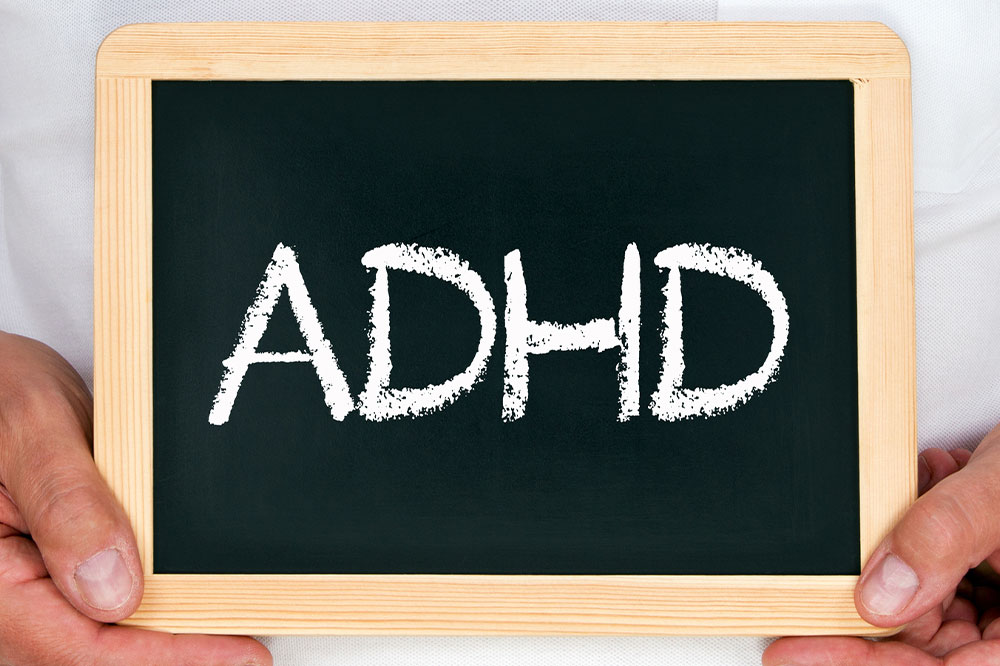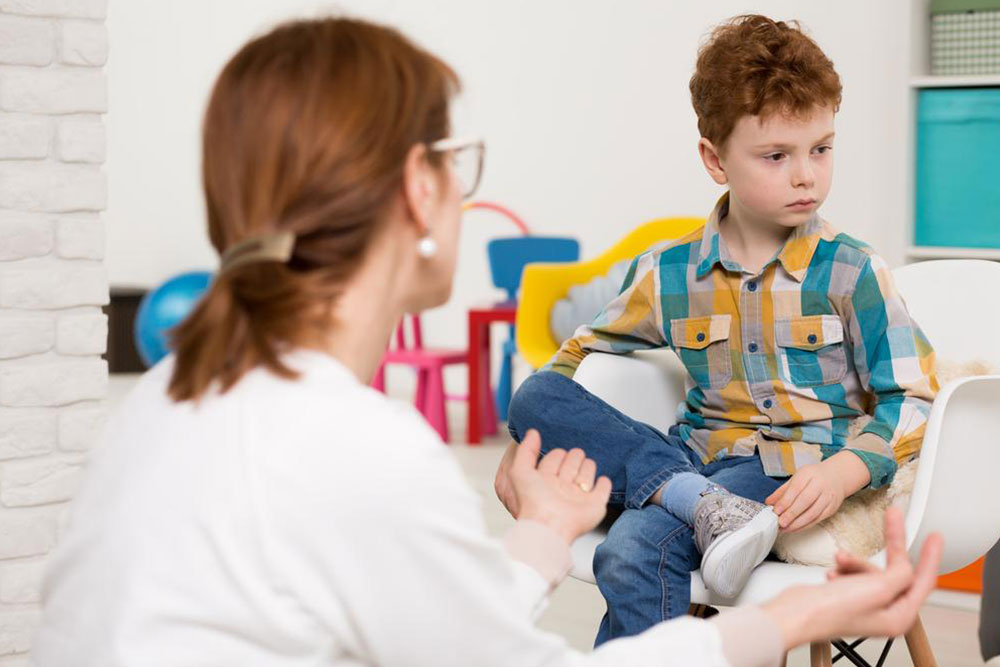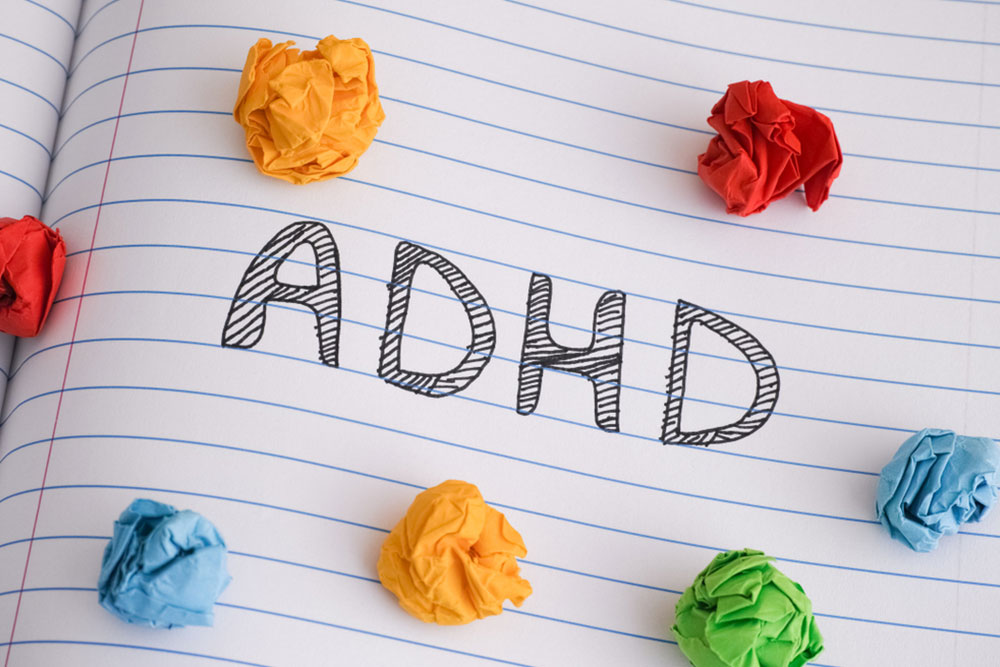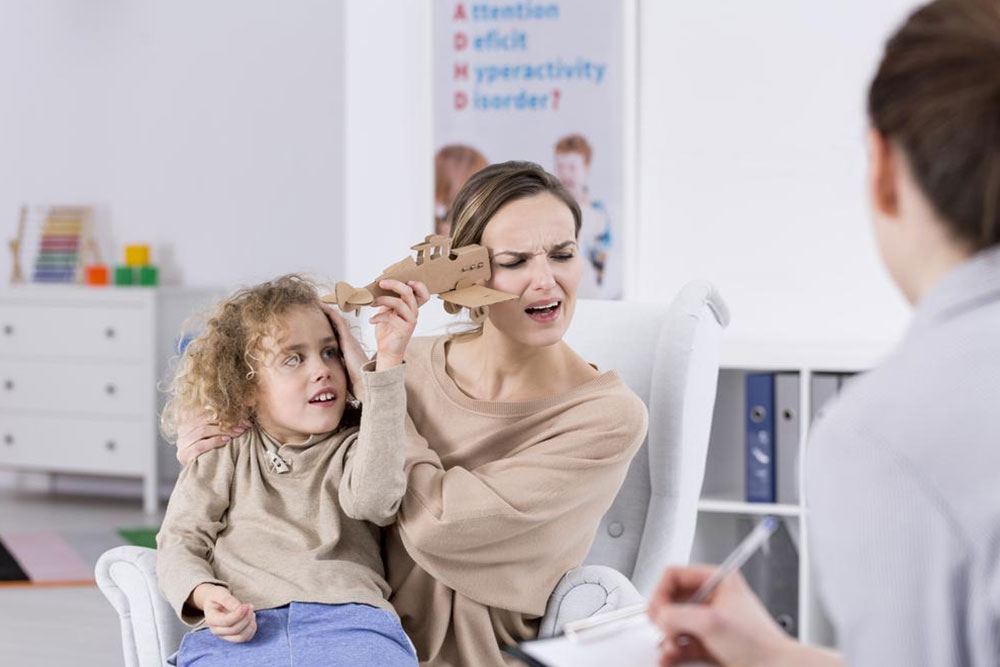Comprehensive Approaches to Supporting Children with ADHD for Better Development
This article provides an in-depth overview of effective strategies to support children with ADHD, emphasizing personalized approaches, environmental adjustments, and medical collaboration. It offers practical tips for parents and caregivers to enhance focus, behavior, and emotional well-being, promoting healthier development and positive life outcomes for children with ADHD.

Comprehensive Approaches to Supporting Children with ADHD for Better Development
Attention Deficit Hyperactivity Disorder (ADHD) is a common neurodevelopmental condition that significantly affects children’s ability to focus, control impulses, and manage their energy levels. Children with ADHD often exhibit signs such as hyperactivity, impulsiveness, and difficulties maintaining attention, which can pose challenges for both parents and educators. Addressing these challenges effectively requires a multifaceted approach that combines medical treatments, behavioral strategies, and environmental modifications to promote optimal development and well-being.
Understanding ADHD involves recognizing its complex nature and the variability of symptoms among children. While some children may display predominantly hyperactive behaviors, others might experience more issues related to inattentiveness. Therefore, personalized intervention plans are essential, often involving collaboration among healthcare professionals, teachers, and families.
This article explores practical, evidence-based strategies that parents and caregivers can implement to support children with ADHD. These strategies aim to improve concentration, reduce impulsiveness, and promote emotional stability, thereby enabling children to reach their full potential. From establishing structured routines and encouraging physical activity to creating a supportive and understanding environment, these methods can significantly impact a child's development positively.
Furthermore, it’s important to consider medical options such as stimulant and non-stimulant medications, which may be prescribed by healthcare professionals based on the severity of symptoms. Combining medication with behavioral therapy often yields the best outcomes, helping children develop coping skills and better manage their symptoms.
Implement Engaging and Stimulating Activities: Incorporate activities that challenge the child's focus and promote cognitive development. Puzzles, arts and crafts, and interactive games can improve concentration while providing entertainment and skill-building opportunities.
Promote Regular Physical Exercise: Encourage participation in physical activities such as swimming, biking, or team sports. Exercise not only boosts physical health but also enhances brain function and reduces hyperactivity by releasing excess energy.
Establish Consistent Routines: Structure daily schedules with clear, predictable routines. Use visual timetables or checklists to help children understand what to expect, reducing anxiety and minimizing distractions.
Maintain a Stable Sleep Environment: Ensure consistent sleep schedules by setting regular bedtimes and wake-up times. A good night’s sleep helps regulate mood, improve attention span, and increase overall energy levels.
Seek Professional Guidance: Collaborate with healthcare providers to determine the most suitable treatment plan. This may include therapy, medication, or a combination tailored to the child's specific needs.
By adopting these comprehensive strategies, parents can create an environment that supports their child's growth and development. Recognizing the importance of personalized care and consistent support plays a vital role in helping children with ADHD thrive academically, socially, and emotionally.Understanding and accommodating the unique needs of children with ADHD fosters a nurturing environment where they can develop resilience and confidence. The journey requires patience, empathy, and a proactive approach, but with the right tools and support, children with ADHD can lead fulfilling lives, achieve their potential, and build strong foundations for their future success.





